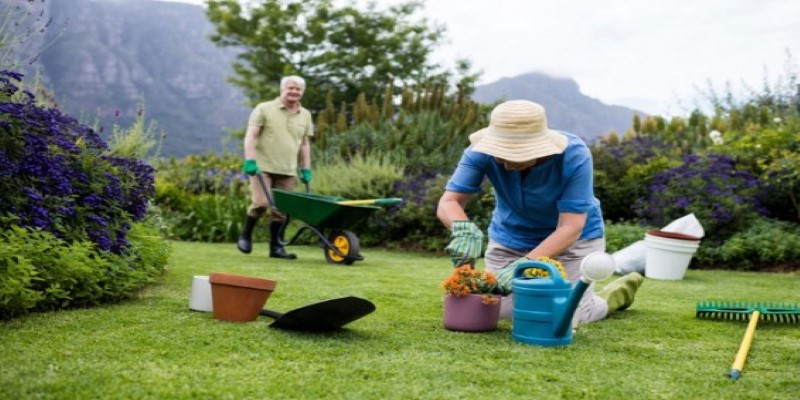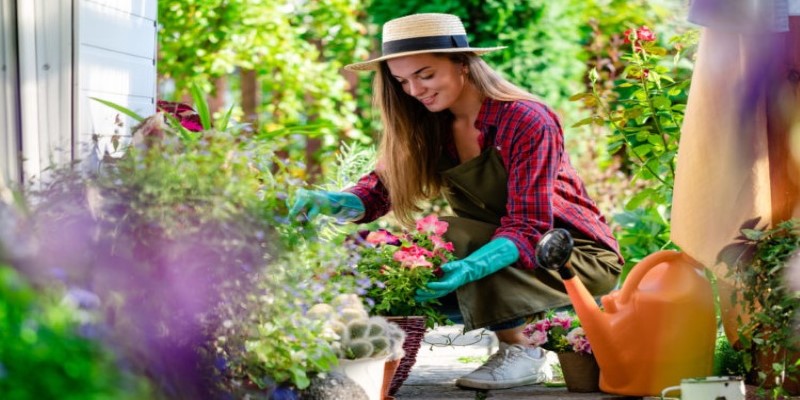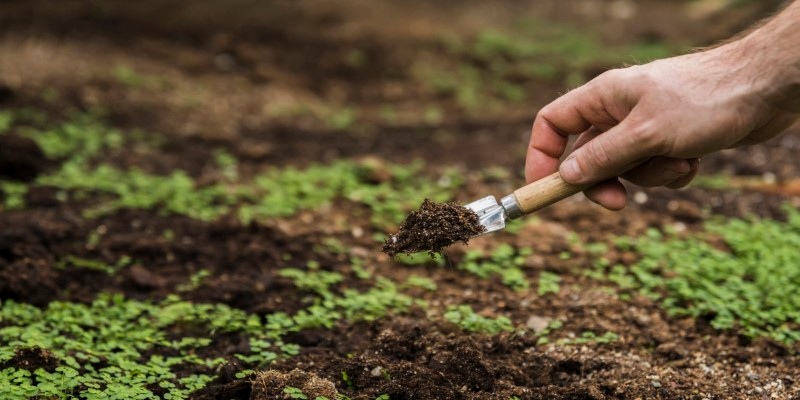Theres something timeless and grounding about stepping outside, breathing in fresh air, and getting your hands a little dirty. Gardening might seem like a simple hobby, but its become a quiet powerhouse in the world of health and wellness. More than just planting flowers or growing vegetables, gardening has a way of nurturing the mind and body.
More people have realized that growing in the garden is as healthy for mental and physical wellness as even the most disciplined wellness routine. With a full yard or just a windowsill, finding time to garden can change how you approach wellness- it's much more than growing food or decorating a space; it's a personal journey toward greater health, peace, and fulfillment.
Here, well look at how gardening promotes wellness and explore how you can make the most of your garden space, no matter your skill level or living arrangements.
Gardening may not resemble traditional exercise, but it offers a surprising workout. From lifting soil to digging and planting, gardening engages core muscles, builds strength, and improves flexibility. Just an hour of gardening can burn up to 300 calories, depending on the task, and its gentle on the joints.

Unlike structured exercise, gardening combines endurance, balance, and coordination in a functional way, ideal for people of all ages. By integrating bending, reaching, and squatting movements, it supports overall fitness. Gardenings physical benefits offer a balanced and approachable path to staying active, making it a low-impact workout alternative.
Gardening offers a relatively quiet retreat from our busy, screen-mediated world, providing moments of peace. Research has shown that even small amounts of time spent in a garden-reduced to only 20 minutes-can help lower cortisol levels, thereby stressing less and focusing and mood-improving. Besides the relaxation and very fulfilling, the value in gardening is the sense of purpose you have as you nurture your plants from seed to bloom.
This can be quite encouraging when things are getting stressful. To people with mental health problems, this routine of nurturing brings about emotional stability, thus easing these anxiety and depression feelings. Every day you spend among them turns into an opportunity for personal growth, mental clarity, and peace.
Gardening is about creating a connection with nature, a practice known to lift self-esteem and boost well-being. Watching plants grow from your efforts is incredibly rewarding, and each bloom or harvest is a reminder of your achievements. This hands-on activity offers grounding in todays digital age, providing real, tangible results.
For those recovering from difficult experiences, the simple act of planting or pruning can be healing, creating a space for reflection. Gardens become places for emotional renewal, where every planted seed represents growth. As a result, gardening nurtures self-confidence, purpose, and an enduring sense of accomplishment.
Gardening is a fantastic activity for children, fostering patience, responsibility, and appreciation for nature. Kids involved in gardening often develop healthier eating habits, feeling more connected to the food they grow. Family gardening time, free from screens, creates valuable memories and helps build teamwork.
It encourages children to spend time outside, which improves attention, mood, and even academic performance. For parents, gardening with children can be a way to instill valuable life lessons, promote cooperation, and enjoy quality time together. Beyond its wellness benefits, gardening becomes a cherished bonding experience for the entire family, promoting lifelong healthy habits.
For those lacking private garden space, community gardens offer an excellent alternative, providing social and wellness benefits. Community gardens unite neighbors, fostering collaboration and a sense of belonging. Working alongside others to grow plants encourages connections and allows for knowledge-sharing, turning gardening into a social learning experience.
Many community gardens supply fresh produce to their neighborhoods, combating food insecurity and improving local nutrition. The experience of working toward a common goal enhances social wellness, making gardening a meaningful, community-centered practice. This balance of social connection and healthy eating offers a rewarding way to benefit both self and society.
Gardening is one of the few activities that can be adapted for people of any age, making it a lifelong source of health and happiness. With options like raised beds and vertical gardens, its accessible even for individuals with limited mobility. Elderly gardeners benefit from gentle exercise and fresh air, which can reduce dementia risk and slow cognitive decline.

Gardening provides mental, physical, and emotional benefits that grow with you, evolving to fit your needs at each life stage. For many, gardening remains a cherished habit, offering balance and wellness throughout life, no matter their age or ability.
Growing your fruits, vegetables, and herbs is a rewarding way to incorporate fresh, nutritious foods into your diet. Homegrown produce often tastes better and is richer in nutrients because it's harvested at peak ripeness. Gardening gives you control over what goes into your food, allowing you to avoid pesticides or chemicals if desired.
Plus, tending to your plants fosters a connection to the food you eat, which can lead to healthier eating habits. With a small garden or even a few containers, you can grow a variety of vegetables, enjoying a fresh, nutritious harvest that supports overall health.
Gardening is much more than planting seeds; its a wellness journey that nurtures the body, mind, and soul. The satisfaction of a thriving garden, the calm of caring for plants, and the exercise from gardening tasks all contribute to a more balanced life. Gardening offers wellness benefits for everyone, from young children learning about nature to older adults staying active. As life becomes busier, gardenings simplicity provides a peaceful way to recharge and reconnect. Embracing gardening as a wellness practice enriches life, promoting mindfulness, self-care, and joy in each season, creating a harmonious path to health and happiness.

By Frederica/Dec 02, 2024

By Eleanor/Mar 12, 2025

By Mark Allen/Feb 02, 2024

By Mark Allen/Feb 12, 2024

By Eleanor/Jan 13, 2025

By Eleanor/Mar 10, 2024

By Gabrielle Bennett /May 27, 2025

By Frederica/Feb 22, 2024

By Vicky Louisa/May 22, 2025

By Noah Jones/Nov 13, 2024

By Eleanor/Feb 15, 2024

By Mark Allen/Mar 28, 2024